If this reality is the construct of a conscious entity — call it theology or simulation theory — then there are implications to this apparent cosmic abandonment of an open-world video game with the added cruelty of NPCs too aware of their existence, yet denied answers to burning questions: why?
If this is indeed an absurd reality randomly and purposelessly emerged from Big Bangs and near-infinite monkey authors, then you don’t need to read the rest of this article; it’s irrelevant, like all is under such a scenario.
Still here?
Then you might be considering (or at least not rejecting) the off-chance that we are indeed experiencing a simulation, a purpose-built reality authored by some overlying entity, likely timeless in its being. This timelessness may, in fact, address the infinite regression problem.
Let’s get this out of the way first:
I am areligious. I believe all religions are false. If there is a creator, no religion comes close to doing it justice. I also believe there’s a chance we were purposely created in this simulation of a reality, which could have intent.
Yes, the infinite regression problem states that, if there needs to be a purpose behind the existence of a reality, then a creator of that reality also needs a creator, and that creator, too, and so on.
But if we accept the Big Bang theory (the emergence of all out of nothing), then we accept that some realities may emerge spontaneously without overlying purpose, especially when they emerge from timelessness, and therefore, without causation. So, does a timeless plane of existence, where all and nothing exist simultaneously, need an initial cause? Who knows. If our world doesn’t need one, according to the Big Bang, then sure as hell a timeless reality doesn’t need causation either.
Still here?
I’m surprised!
At this point, I usually trigger both theists and atheists.
So let’s continue. You asked for it.
I do not approach this from an atheistic or theological perspective; I approach it from a theodicean perspective. I know, how dare I, the blasphemer, presume to judge the Divine. I’m sorry, I can’t help it. These thoughts just come to me because my moral framework dictates that I see all things from an ethical and logical lens. They are the only two lenses we have in this Plato’s-cave reality where we are denied the ability to look outside the cave.
Who am I to see things from a moral perspective? I am literally nothing, a collection of randomly particles spasming to electrical impulses, a product of randomness mixed with the basic programming rules of nature.
I still think what I think, feel what I feel. And if pieces of meat like us can conceptualise virtue and ethos, then I am certain that higher beings, if they exist, can too.
Civilised humans understand that children are precious because children are innocent, naive, and helpless. We accept that this purity of theirs is what makes them sensitive to abuse, to fear, to all kinds of life-defining trauma. Civilised and ethical parents take on full self-accountability and responsibility for bringing innocent souls into this world, and willingly accept it as their duty to protect their children, and to give them all the nourishment, all the attention, all the things they need to grow into healthy adults.
Ethical and sane parents understand that their children owe them nothing since those children never chose to be born, and more importantly, those children never chose their parents. So, it is the parents’ moral obligation to be so kind, engaging, communicative, and empowering to their children, so that, if their children had a choice of parent before they got inevitably and instinctively attached to them, the children would choose them over all the other great parents in the world. Even lowly human animals can achieve this level of self-reflection, compassion, and morality.
Now, consider a creator of a simulation, someone who has the power to create consciousness in beings that can feel pain, fear, sorrow, hopelessness, and despair; beings that have the ability to dare to dream, and the capacity to feel excruciating pain when those dreams are tumbled. You can argue that these emotions are meaningless, that they are simply data indicating a program’s response to stimuli, and according to the program’s inherent rules, algorithms, and flowcharts.
Still, suffering is real enough for us, and we base our entire moral frameworks on the concept of suffering, both to avoid our own as well as to empathise with the suffering of others.
But it seems that this creator does not empathise with our suffering at all. Religious texts claim that their “god” is a loving parent when all this deity does, even in their own stories, is either tormenting humans or abandoning them, except the ones it shows favouritism to for… reasons.
If there is such a thing as a creator of this reality or simulation, then at best, it is indifferent to our suffering. This is demonstrable. Just look around you; look at all the children being abused, mutilated, raped, sold into slavery, still in this supposedly “civilised” age of information. Imagine what it must be like to be born in a nightmare, to suffer in pain and horror, and die brutally after a short life of hell. And then how dare I ask “why”?
Yet, despite these cruelties occurring daily, humanity as a whole understands that these things are wrong — even the perpetrators of such acts would agree. Even the vilest among us understand that their atrocities aren’t ideal, even if they feel compelled to commit them.
So, what about a creator who has the power to disallow this suffering and doesn’t?
Humans understand that with power comes responsibility, that if you have the means to help someone, to defend someone, or to put an end to abuse, then you’d be unethical not to. It is a moral imperative to help people, especially if you have the power to do so, let alone omnipotence.
Are our imagined gods not bound by the lowly morality of man? Sure. If gods are superior to a level we can’t even comprehend, then we can’t expect or demand anything from them. I understand that. Which again proves my point: a creator does not care about us and will not descend to our level to communicate with us, like a loving parent would to a confused child trying to make sense of the nightmares keeping it awake.
But a creator who first brought us here, in this existence, against our will? What does it have to say about all this pain that its actions have created for its creations? Does it feel responsible for us at all, as human parents feel for their children?
You might say that a creator does not owe us anything, that it is so beyond our understanding and capacities that it has no obligation towards us. Yes, this is true. We are like ants to a human observing an ant colony, or more accurately, as bacteria on a Petri dish under the microscope of a lab technician.
What do we owe the ants or the bacteria?
Similarly, a creator owes us nothing. Our pain is nothing to it.
Still, though, you cannot argue that such a creator is loving, nor moral. Human morality is superior to this entity because even humans understand that torturing animals, even ones without consciousness or the ability to suffer like ants, is cruel. And bacteria? If bacteria had developed nervous systems, a conscious awareness of their suffering, and he ability to form complex moral frameworks, then maybe they would merit our attention and compassion.
Are we humans so lowly to this creator that we are next to bacteria in its eyes?
If we are so insignificant to the creator, then it cannot love us. If it loves us, then it cannot permit our suffering, despite the nonsense rationalisations of “free will”.
There is no free will if you’re thrown against your will into a game whose rules you don’t even know, a prisoner to your nature, and then you’re expected to pick the right religion out of several identical ones, all threatening with eternal sadistic torture should you choose the wrong one. And all this with biological programming, and fixed neural pathways determined for life by genetics and random life experiences. And then they have the gall to evoke “free will” as if anyone would freely choose to suffer eternally in the most cruel, sadistic way imaginable?
A loving god would never blackmail you with eternal demonic torture. A loving parent would never throw their children in the desert, without any guidance at all, without any communication, and then expect the child to apply “free will” to earn either heaven or hell.
A loving god would apply its own free will and free its creations from such a horrifying gambit.
And the idea that you could be eternally blissful in a “heaven” while most of humanity would scream in endless brutish torment shows a sick lack of compassion. And all for having the misfortune of being born into the wrong religious education, or to the wrong family and region. No one deserves such torment.
So, if you imagine you can be eternally happy in heaven while knowing that most of the people you’ve ever known suffer in eternal sadism, all because they didn’t know how to be saints, then you should reevaluate your moral convictions. Who knows, perhaps this is the test you’ll be judged by on Judgment Day.
I am sorry if I sound hubristic or blasphemous for asking “why”. I cannot help it. My moral imperatives compel me to wonder, to ask, to question, to defy. I cannot help but feel abandoned by a parent who made it my nature to ask questions and seek meaning. I can’t help but feel mistreated, imprisoned in my nature, shackled to my physical and mental limitations, and denied even the mercy of at least being spoken to.
Beyond our daily distractions, we are all children locked in a dark closet, denied answers, denied purpose for our suffering, denied meaning to our being.
Meditate on existence and the “why”.
Then, imagine a god that creates you, flawed nature and all, with biological programming for lust, yet forbids it. It instills in you your propensity for character-altering trauma, yet tells you it’s all “free will”. It then presumes to judge you based on its devious manipulations.
Say what you will about how powerful this entity is. Whatever it is, it is not just, and it is not moral… not one bit. Human morality is superior to such an entity’s “morality”. Why? Because good parents understand that it is not the child’s fault for crying in the middle of the night. They will not punish their child simply for responding to its nature.
Free will? Bitch, nobody freely willed to be born. What the hell are you even talking about? You are thrown into an existence against your will, in a body and environment you never chose, with random experiences involuntarily shaping the foundations of your mental architecture. And then you must be blamed and punished for responding to biological programming you never freely willed?
This isn’t fair. This isn’t right. This isn’t ethical.
I cannot be certain of almost anything, but what I am certain of is that all religions claiming that this world is the creation of a benevolent god are false. I am absolutely 100% certain they are all false, because they are illogical. Just like I am certain that 1+1 does not equal 0, I am sure that, if we were created, then the creator does not love or care about us.
At best, a potential creator of this world is indifferent to us and treats us as NPCs in a simulation created for some data generation, and for whatever reason that lies beyond us.
And at worst…
No religion represents God
I separate the existence of God from organised religions. I “believe” (not “know”) there is a higher plane of existence - a Creator of this reality. But what I do know is that all religions are arbitrary and false interpretations of this “God” because they can’t be otherwise. This is why I call myself
On morality [Part 1]
There can be no honest and meaningful morality, if its driver is the expectation of a hedonistic heaven, or the avoidance of a sadistic hell. No authentic morality can exist, if it must be externally rewarded, or its absence be punished by an exterior force.
What is God?
Tolkien writes: “All we have to decide is what to do with the time that is given us.” At first, this may be perceived as a testament to free will. But how free are we to will the processes by which we will? How free are we when all the freedom we have is to freely move about in our tiny prison cell; a cell without windows, without even a hint of possibi…
What is the meaning of existence?
The most important question is why we exist; what is our purpose, and how do we derive true meaning from an existence forced upon us without even the courtesy of an explanation?
The philosophical query
The philosophical question is that to which no answer is required - the question alone is enough to produce insight, to reflect, and to shatter delusion. The query alone provides enough intuition and context to add value to the conversation, and perhaps, to loosen the shackles of our own minds.
Alternatives to the story of Abraham
Many consider Judaism and/or Christianity (the European interpretation of Judaism) to be the foundation of morality. Such a grand claim deserves equally grand scrutiny.
Theodicy
If a human can achieve higher moral standards than a god, then that god is either not moral, or it doesn’t exist at all; it just a product of the imagination of humans whose moral standard could not exceed that of their imagined deity.
Free will oxymoron
If causation dictates all, then free will cannot exist. Your neurons are wired a certain way; your synapses follow neural pathways that form your mental architecture, a predictable result of genetics and random life experiences within circumstantial environments. Everything you perceive, analyse and conclude must go through your mental processes. Your w…
The Case for the Simulation Theory
With the senses and capacity for understanding that my nature allows me, I can observe what I observe about this reality within my limits, and attempt to draw logical conclusions with the experiences available to me.







![On morality [Part 1]](https://substackcdn.com/image/fetch/$s_!ipks!,w_1300,h_650,c_fill,f_auto,q_auto:good,fl_progressive:steep,g_auto/https%3A%2F%2Fsubstack-post-media.s3.amazonaws.com%2Fpublic%2Fimages%2Fd6da6060-d1af-45f2-8252-fd85640f4391_1376x768.png)

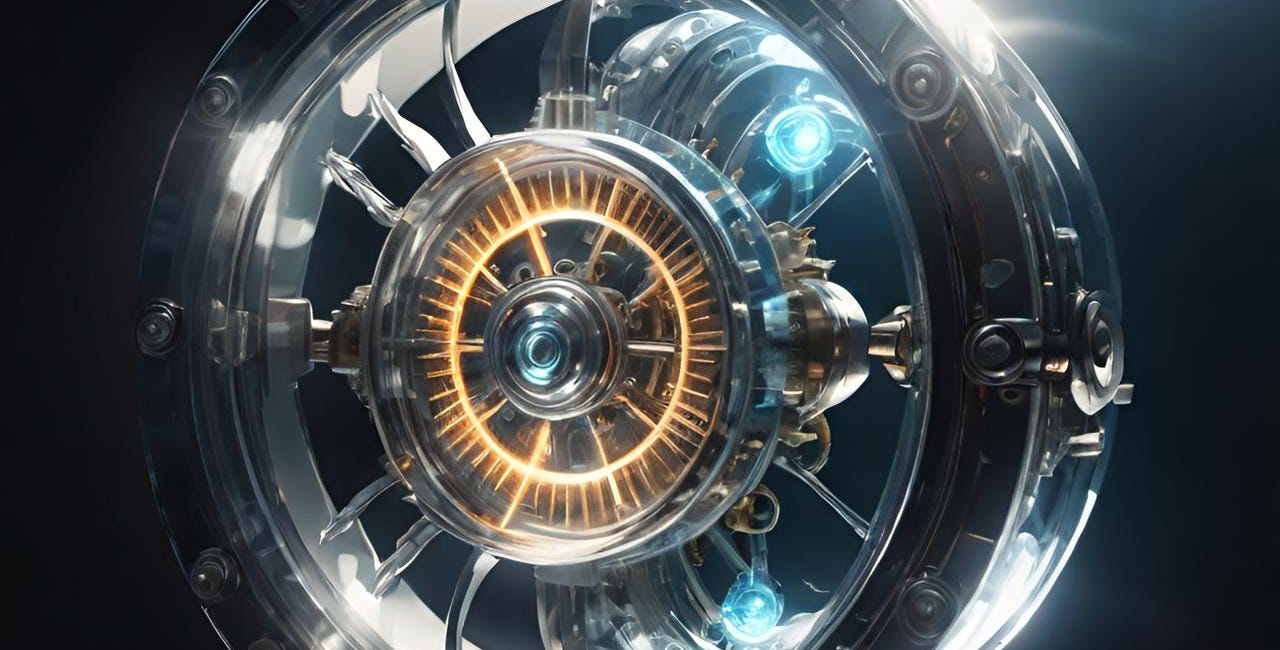
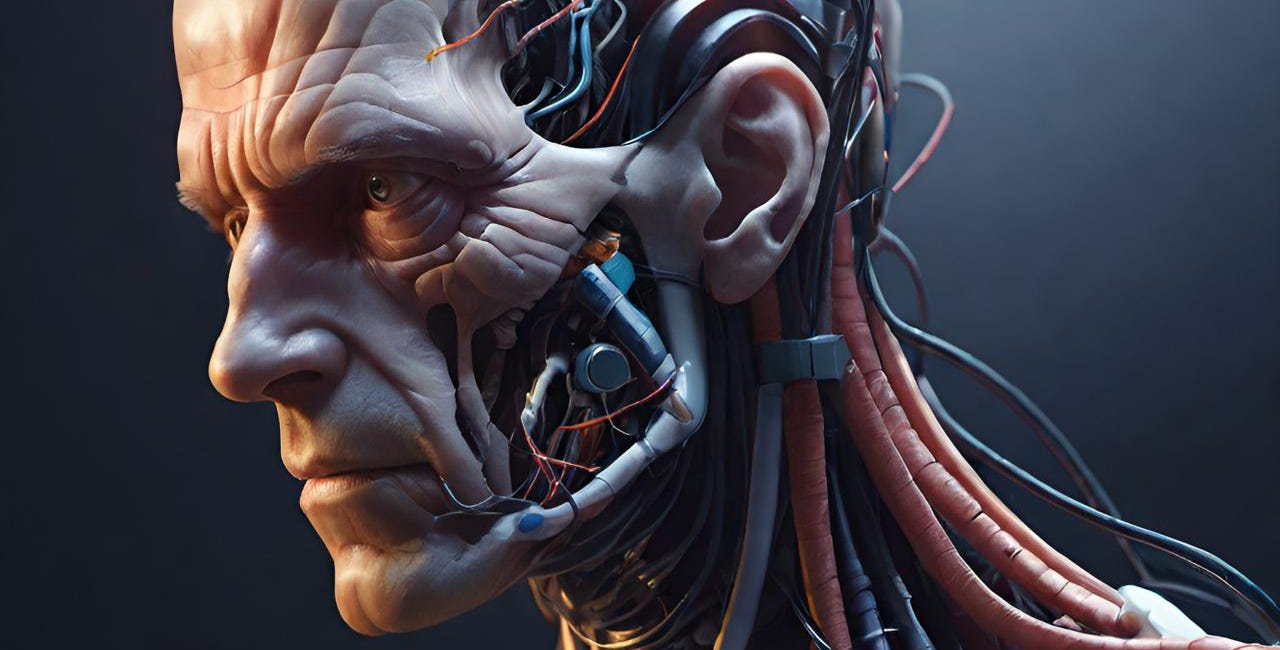
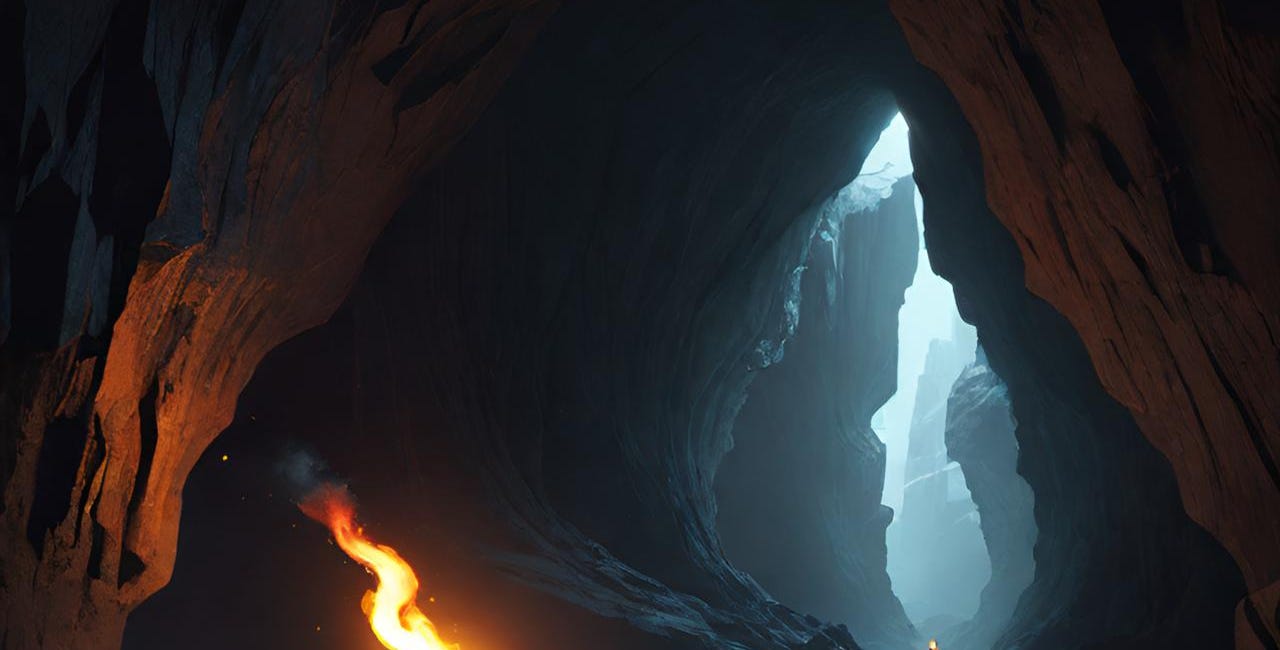
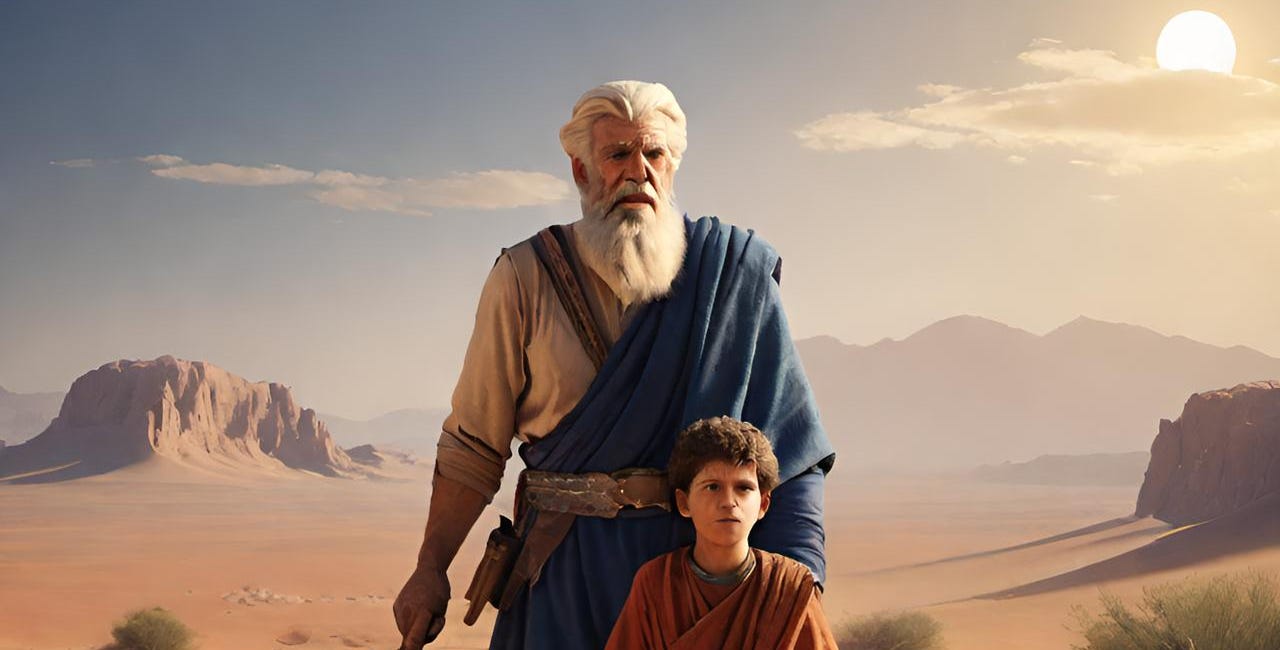
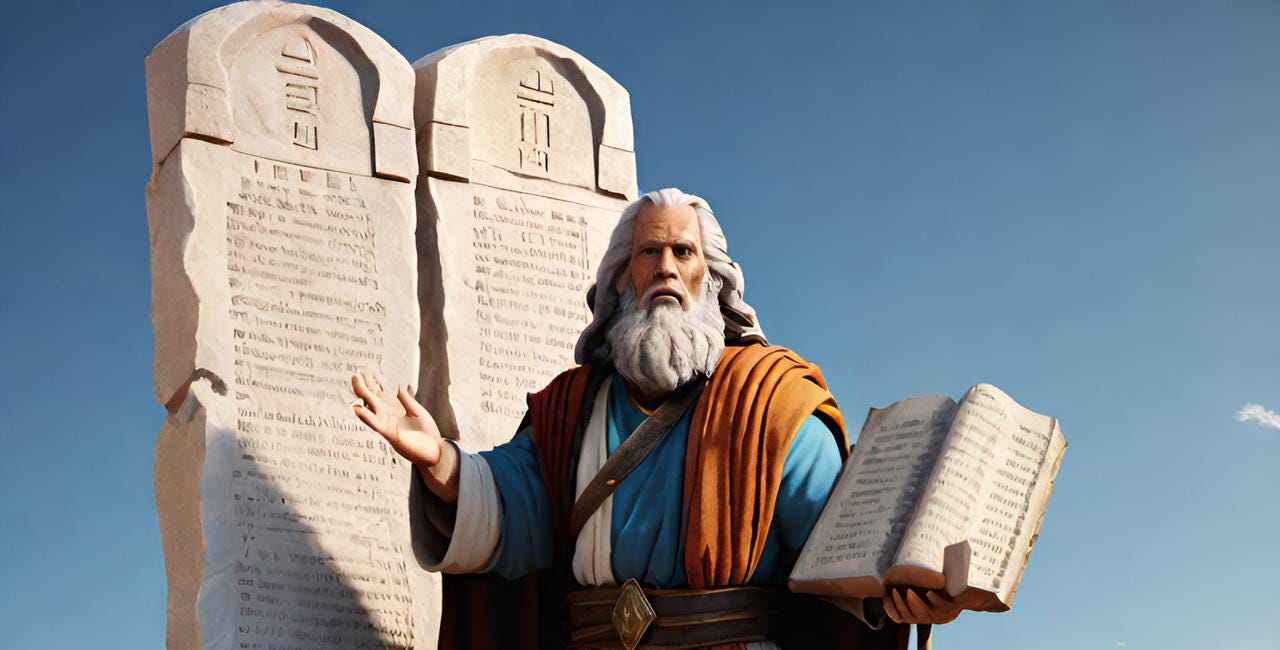
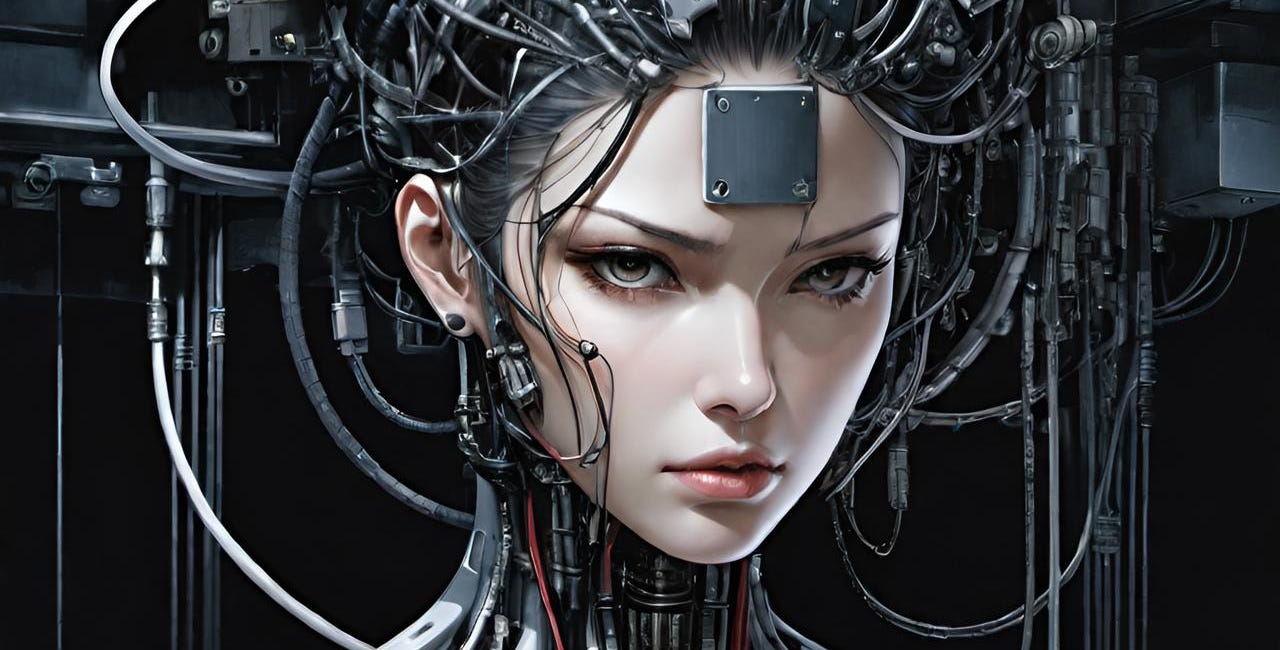
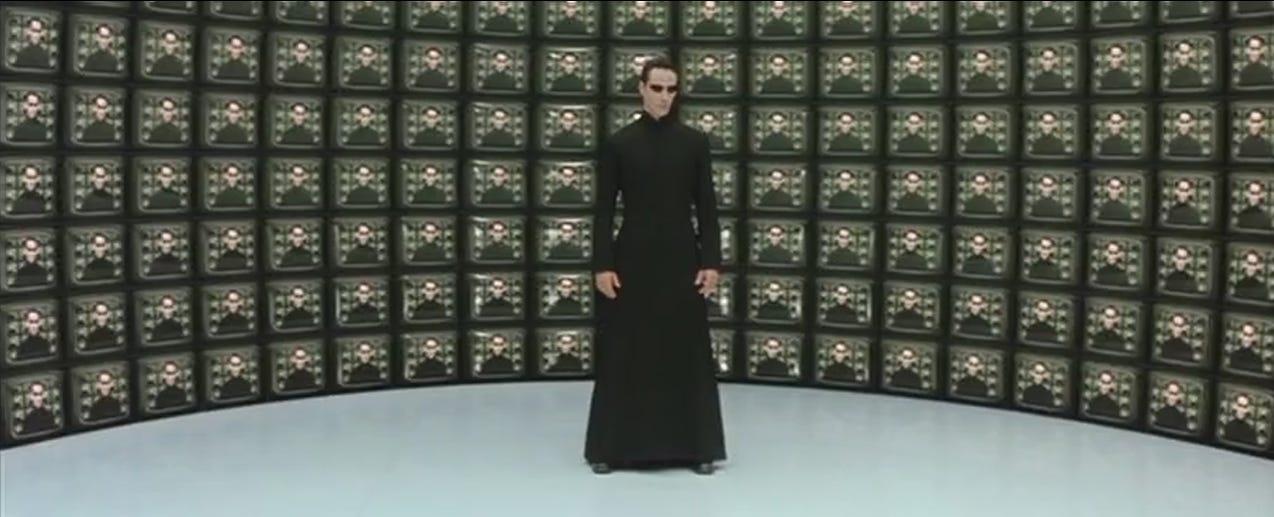
I agree with your points about the parent and the delusion of heaven like conditions. The idea was probably promoted to satiate societies to endure injustice in expecting a reward for suffering. Reincarnation also pulls the same trick as we see with the caste system in India.
As for heaven, this is a great story that reminds me of your point.
https://www.schnauzers-rule.com/man-dog-heaven.html
I used to believe in intelligent design but like the big bang, it doesn't make sense. Big bang is a theory that has issues and things are being discovered that cast doubts on it. I have no idea how things came to existence, nor how life started. I'm ok with that like I'm ok with an end or consciousness continuing after death.
By watching nature shows, I discovered how nature is an amazing non linear system that grew and expanded with the benefit of a lot of time.
We have been brainwashed by the idea of genetics which is a pseudoscience that blinds us from other things that we may never understand. It's difficult enough to invent something, it's even harder to reverse engineer something that is
“Is God willing to prevent evil, but not able? Then he is not omnipotent.
Is he able, but not willing? Then he is malevolent.
Is he both able and willing? Then whence cometh evil?
Is he neither able nor willing? Then why call him God?”
― Epicurus
A great Koan in Zen Buddhism: “Who is the great master, the magician that makes the grass green